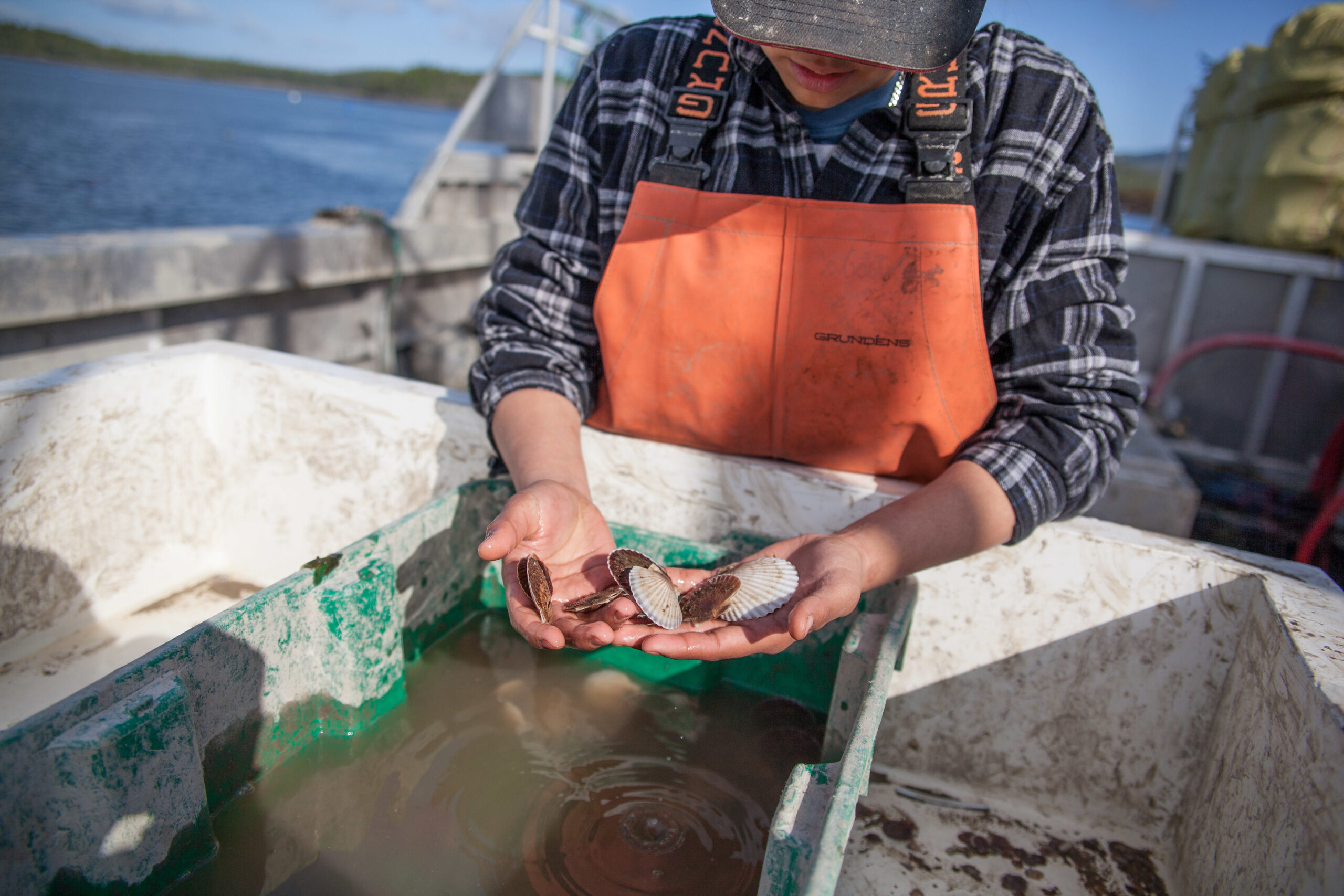-

Coastal Shellfish: Sustainable Seafood and So Much More
Read StoryCoastal Shellfish, a bustling First Nations-owned aquaculture facility in Prince Rupert, may…

Coastal Shellfish, a bustling First Nations-owned aquaculture facility in Prince Rupert, may…